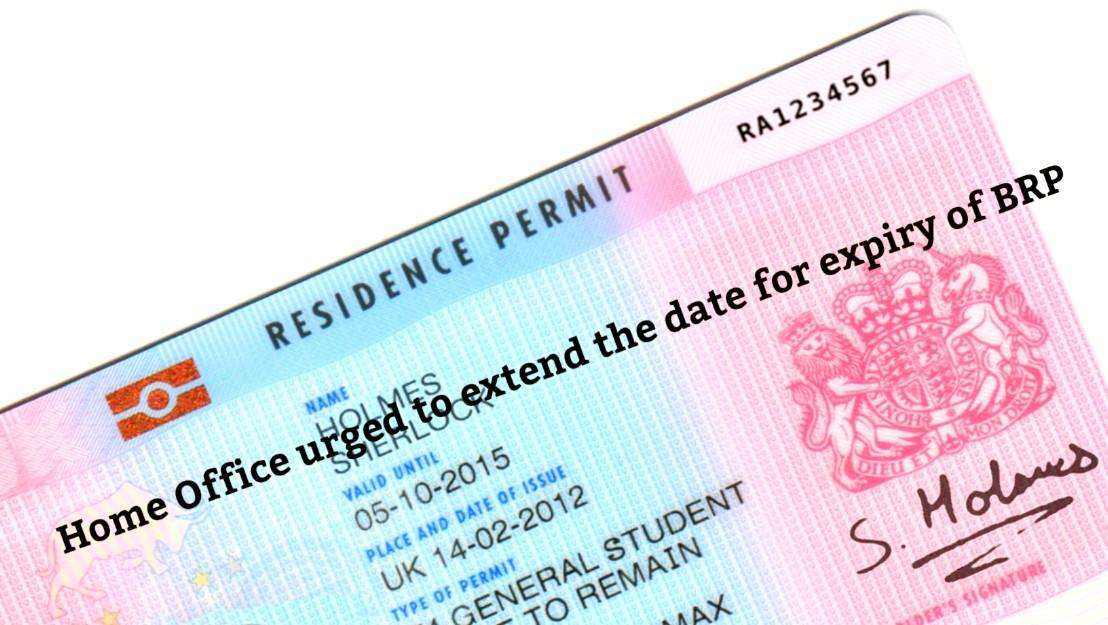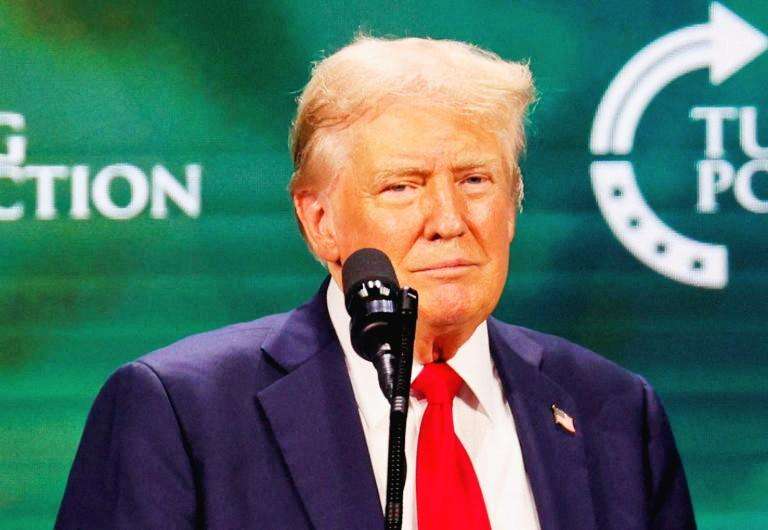The current government is taking practical efforts to address it at its source and put an end to it. A source verified to Daily Dazzling Dawn. Keir Starmer claims the UK is "resetting" its policy to illegal migration.
Initial skill shortages have been identified in four sectors: health and social care, construction, engineering, and information technology. While acknowledging the current need for migrant workers to fill vacancies in these sectors, Labour has stated that it intends to require employers to implement workforce and training plans developed by relevant government departments to train local workers, thereby reducing future reliance on foreign workers.
Conservative government significantly increased the salary threshold for skilled migrants coming to work in the UK from £26,200 to £38,700. This was criticised by Labour, which has since confirmed it would ask the Migration Advisory Committee to review the impact of the increase. There is a reasonable prospect that the salary threshold, particularly for certain roles with shortages, may be reduced following the review.
European Union proposed negotiating with the UK on a youth mobility scheme to make it easier for those aged 18 to 30 to travel, work and live in the EU and the UK. At the time, Labour said the party had no plans for such a scheme. However, Sadiq Khan, the mayor of London, has indicated he would campaign for this after the election.
The scheme could be a good tool to address labour shortages in certain sectors of the economy while giving British young people the opportunity to upskill through working in Europe. Furthermore, with a ‘working holiday’ visa that is not dependent on support from a third party, concerns surrounding worker exploitation should be less relevant. The fact that visa holders will have a time-limited and non-extendable permission, which does not directly lead to settlement in the UK, also makes this palatable from a net migration perspective.
Alongside an intention to forge a better relationship with the EU post-Brexit, there are strong incentives for Labour to reconsider its position although, perhaps, in the medium term once other priorities are addressed.








.svg)



